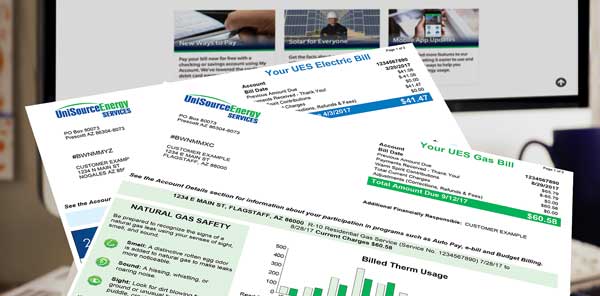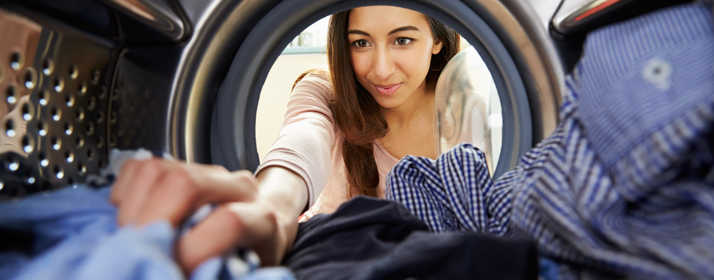
Many people move into new homes during the summer, just as hot weather is driving electric bills higher. But there are ways for owners and renters to make their new homes more efficient with electricity and natural gas.
Moving during the summer allows families to settle in before school starts. That’s one reason why home sales tend to peak in June and July, which is a prime time for moving and home improvement projects for homeowners who are either buying or selling.
Here are some easy ways to make your new or pre-owned home more energy efficient:
Lighting
One easy upgrade is lighting, which can account for between 8 and 11 percent of your electric bill.
“If you buy a new home, you should switch out your bulbs within the first couple of months,” said Francisco Castro, Manager of Residential Energy Efficiency Programs and Services.
UniSource Energy Services offers discounts on LED bulbs through participating retailers in its electric service territories. Search for participating retailers near you.
Replacing traditional bulbs with LEDs can lower your bill dramatically. LEDs use up to 90 percent less energy and last up to 25 times longer than regular incandescent bulbs.
If you don’t want to change out all of your bulbs, you should focus on upgrading the bulbs in the rooms that you use the most, such as the kitchen and living room. New bulbs may not be necessary in other areas, such as closets.
Appliances
Many homes also need new appliances, such as refrigerators, dishwashers and clothes dryers.
When shopping, look for the logo for ENERGY STAR®, a federal program that helps individuals and businesses save money and improve energy efficiency. For both gas and electric clothes dryers, ENERGY STAR® models use sensors to stop the drying cycle when the load is dry, saving on energy.
While certified products might have a higher price tag, you can save between 9 and 25 percent on energy costs in the long run.
Air conditioners and heaters
Because cooling accounts for the largest share of summertime energy costs, new homeowners should make sure their air conditioners are working properly. Owners should get a tune-up, change filters regularly and make sure that the refrigerant is correctly recharged. “Improperly charged AC units have shorter life expectancies,” Castro said.
Before winter, a qualified technician should conduct an annual tune-up on gas furnaces. Just like air conditioners, filters need to be checked and replaced regularly to ensure air flow and efficient use.
Water heaters
Water heating is the second largest expense in your home, according to the U.S. Energy Department’s website. There are steps you can take to save money on gas or electricity, depending on the type of water heater.
Homeowners should check for leaky faucets, which can cause the heater to keep cycling and use more gas or electricity, said Martin Anaya, UES Gas Director.
In addition to preserving water, low-flow aerators on faucets and shower heads can help reduce water heating and, as a result, gas and electric costs.
Shade
Another way to keep the house cool is to create shade. Homeowners should focus on adding shades, awnings or low-emissivity windows to their west and south-facing windows.
Planting shade trees is a natural long-term solution. UES’ Trees for You program offers rebates to UES electric customers for the purchase of two qualified desert-adapted trees. Learn more about the Trees for You program.






